Inflation (cosmology)
Introduction
Inflation in the context of cosmology is a theory of exponential expansion of space in the early universe. The inflationary epoch lasted from 10-36 seconds after the conjectured Big Bang singularity to sometime between 10-33 and 10-32 seconds after the singularity. Following the inflationary period, the universe continued to expand, but at a slower rate.
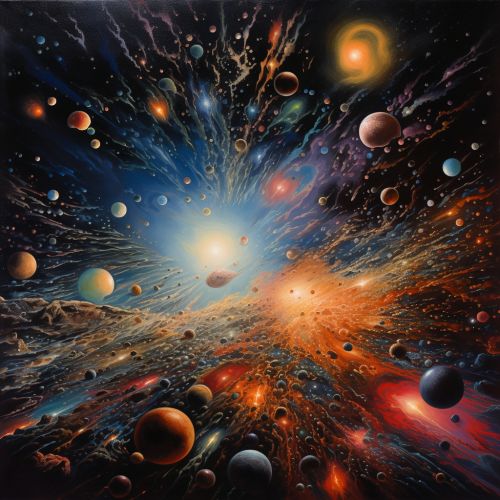
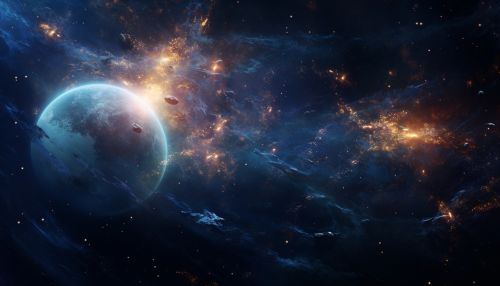
Theoretical Background
The inflationary theory was proposed in 1980 by American physicist Alan H. Guth. It was intended to resolve a number of difficulties with the standard Big Bang theory. In particular, it explains the origin of the large-scale structure of the cosmos and provides a resolution to the horizon problem and the flatness problem.
Inflationary Epoch
The inflationary epoch is the era of cosmological inflation during which the universe underwent an extremely rapid exponential expansion. This expansion is thought to have been driven by a negative-pressure vacuum energy density. The inflationary epoch comprises the part of the electroweak epoch following the grand unification epoch.
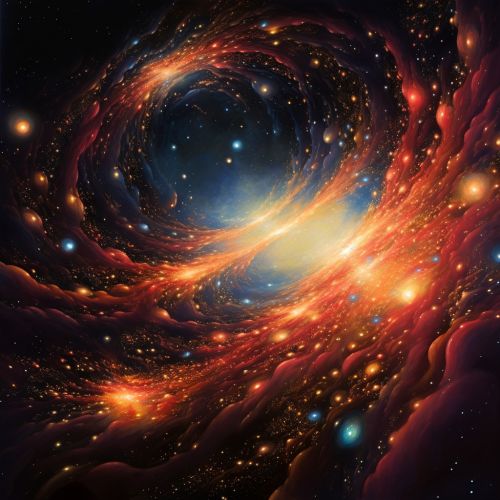
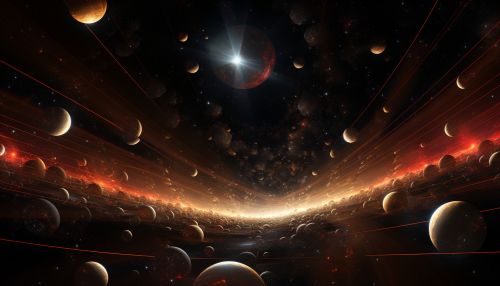
Inflation and the Big Bang
While the term 'Big Bang' is widely used, it is understood that this does not imply a physical explosion of singular density and temperature at a definite point in space and time. Rather, it describes the observable effect in the universe we can see today, resulting from a period of inflation occurring a very short time after its initial expansion.
Inflation and the Cosmic Microwave Background
The cosmic microwave background (CMB) is the thermal radiation assumed to be left over from the 'Big Bang' of cosmology. Inflation predicts that the fluctuations in the CMB should be "scale invariant", which has been accurately confirmed by measurements.
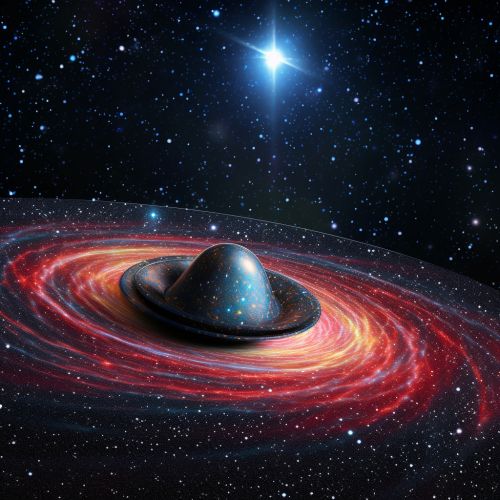
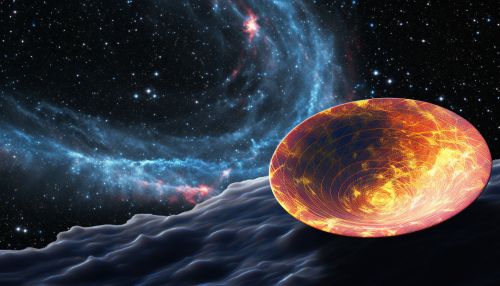
Inflation and Quantum Fluctuations
Inflation is also a theory about the 'prehistory' of the universe, that is, it provides a model for what happened before the Big Bang. It suggests that the universe originated as a quantum fluctuation in a pre-existing space-time, which then underwent inflation.
Inflation and the Multiverse
Inflation theory also leads to the concept of the multiverse, where our observable universe is just one of an infinite number of universes, each with different physical laws and properties. This is a consequence of the theory of eternal inflation, where inflationary events occur at random in space and time.


Current Status and Future Prospects
Inflation is a widely accepted theory in cosmology, but it is not without its critics. While it provides solutions to many problems in the Big Bang theory, it also raises new questions. Future observations and experiments, such as those involving the CMB, gravitational waves, and large scale structure, may provide further insights into the validity and parameters of inflation.
